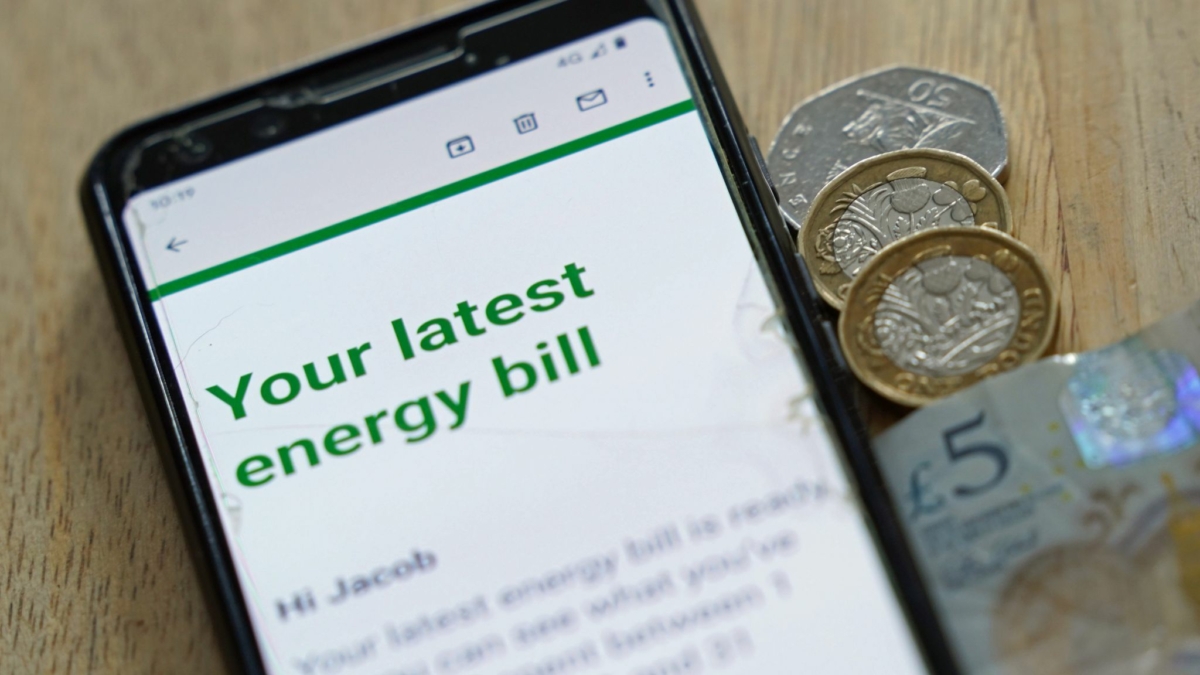The HM Treasury has recently revealed that it is considering introducing a social tariff on energy bills. Experts believe this could knock at least £1,000 off bills for those who are most affected by rising energy prices.
Back in November of this year during his autumn statement, Jeremy Hunt announced that he would extend the support offered for gas and electricity bills for another year. This support is currently known as the Energy Price Guarantee.
Unfortunately, the new level of support offered by the Energy Price Guarantee will be less generous than previously thought, as the typical household bill in the UK is expected to increase by £500 from next April. So that’s from £2,500 to a staggering £3,000. Without the government energy price capo, the average household bill would be around £,740 per year.
Alongside Mr Hunt’s statement, the HM Treasury released a document which confirms that the government is now considering a new approach to rising bills:
“The government will… develop a new approach to consumer protection in energy markets, which will apply from April 2024 onwards” It will work with consumer groups and industry to consider the best approach, including options such as social tariffs, as part of wider retail market reforms.”
Social Tariff for Energy Bills
Social tariffs are relatively new, but they have been around for a couple of years for things like water and broadband. A social energy tariff would see the most financially vulnerable people paying less for their energy, acting as a buffer from the volatile prices that gas and electricity are attracting recently. The government would recuperate the cost of such a scheme via increased taxation on those who do pay tax, as well as other customers who can afford to pay for the energy in which they use.
For quite a while now, people have been calling for the introduction of a social tariff for energy bills, as they already exist for other household expenses such as water bills and broadband. Martin Lewis has been one of the most vocal about the issue, saying the following:
“After April 2024 they are also consulting on moving to a social tariff system. The most vulnerable who can’t engage in a competitive market will automatically be put onto a cheaper tariff without having the need to switch to it.”
Despite Hunt’s autumn statement containing measures that were designed to support the most vulnerable when it comes to rising energy prices, experts have warned that the support won’t go far enough for many low-income households that need it.
In other words, something needs to be done to bridge the gap. There is a void between the people who are receiving support, and those who aren’t, but are still in desperate need of it. This is where social energy tariffs come into play – stay tuned for any updates on the situation.

Today I was offered a social tariff from Sky, when I called them regarding a price increase in April, what they offered will save me £96 a year it was very welcome and it included a sim card for my mobile phone.